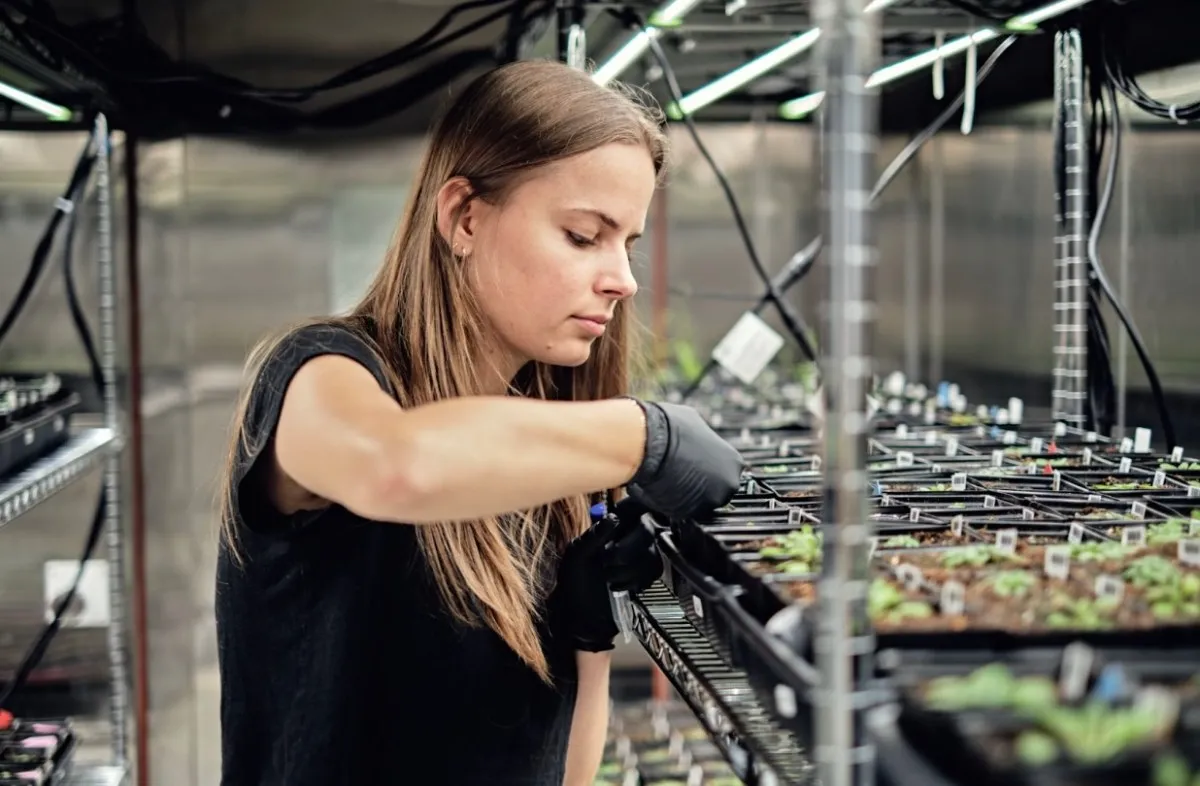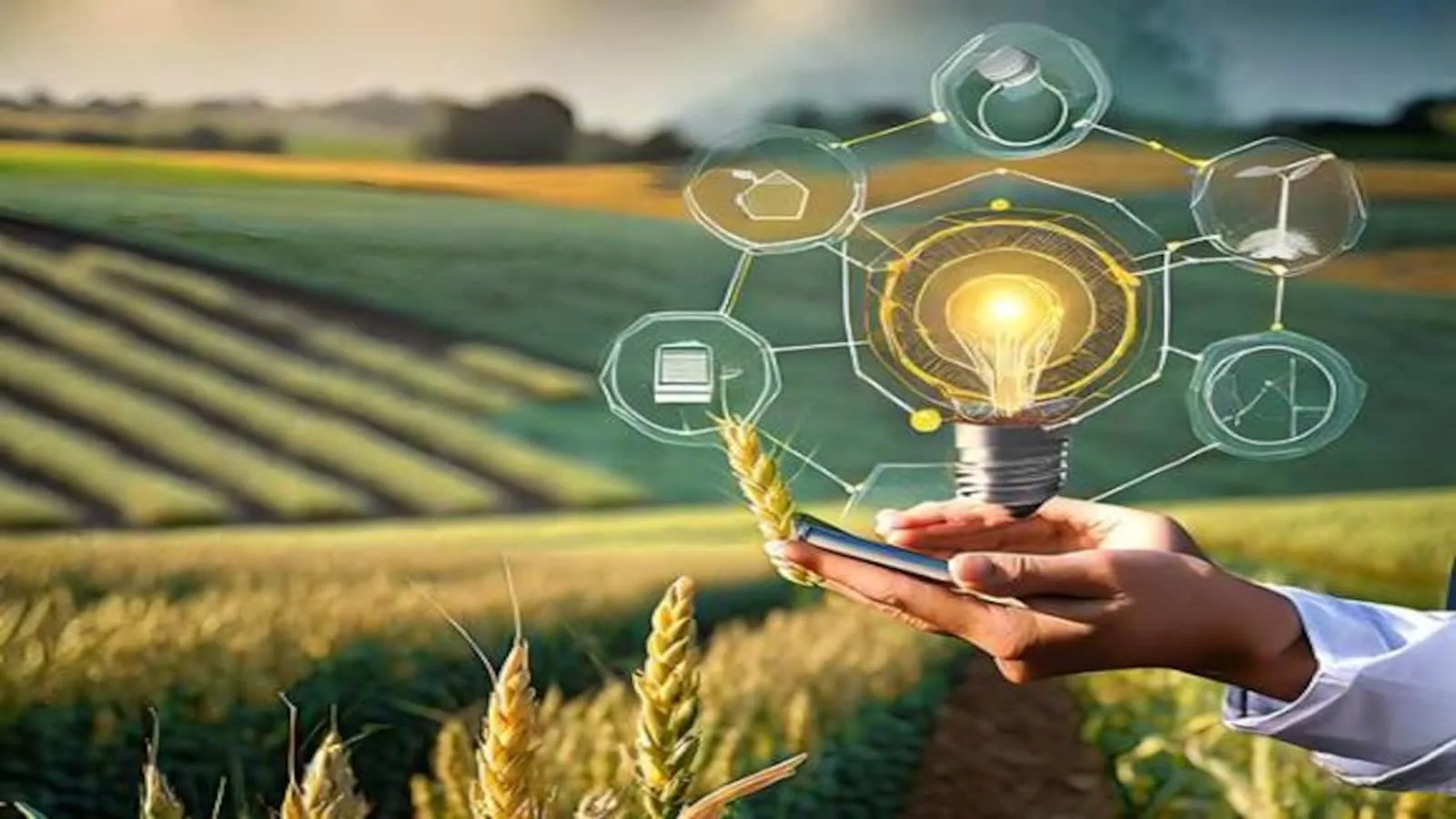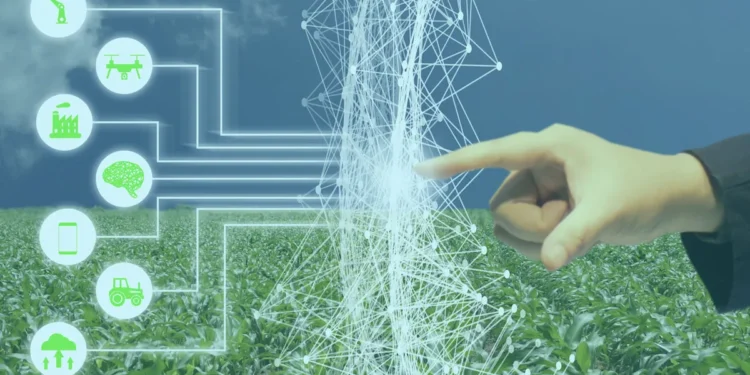In a bold move that intersects technology with traditional agriculture, Google’s X “moonshot factory” has recently propelled its latest initiative into the limelight. Heritable Agriculture, now standing as an independent entity, has emerged from Google X with a mission to transform farming through data analysis and machine learning. As the world grapples with the escalating pressures of global food demands and environmental sustainability, Heritable Agriculture is stepping up with a solution that could change how we cultivate our crops forever.

The Genesis of Heritable Agriculture
Founded by Brad Zamft, a physicist with a profound background in science and innovation, Heritable Agriculture has its roots deeply embedded in the quest for agricultural efficiency. Before his stint at Google X, Zamft was a program officer at the Bill & Melinda Gates Foundation and later, a chief scientific officer at TL Biolabs, experiences that shaped his vision for Heritable. Joining Google X in late 2018, Zamft quickly ascended to lead a project that focused on optimizing plant growth using sophisticated AI tools.
“Plants are solar powered, carbon negative, self-assembling machines that feed on sunlight and water,” Zamft noted, underscoring the inherent efficiency of plant systems. Yet, he also recognized the substantial environmental toll of modern agriculture, which consumes massive amounts of groundwater and contributes significantly to greenhouse gas emissions.
AI at the Heart of Agricultural Transformation
The core strategy of Heritable Agriculture lies in its adept use of massive datasets combined with artificial intelligence to revolutionize plant breeding. “By understanding plant genomes, we can breed crops with traits that enhance yield, require less water, and increase carbon storage,” explained Zamft. This approach not only promises to improve crop production but also addresses critical environmental concerns such as water use and soil degradation.
The journey from concept to reality has been meticulously orchestrated at Google X’s headquarters, where Zamft and his team developed models that were tested on thousands of plants in specialized growth chambers. Fieldwork further extended across various U.S. states, bringing practical insights into the lab-based innovations.

A Future Shaped by Gene Editing?
While Heritable Agriculture currently focuses on traditional breeding methods, the potential future integration of CRISPR technology could introduce programmable features into plants, a development Zamft views as a natural progression. However, for now, the startup is concentrated on perfecting its model of identifying optimal breeding combinations without relying on genetic modification.
Navigating the Path to Commercialization
The next phase for Heritable Agriculture is to commercialize its technology. Although specifics on timelines or partners remain undisclosed, the company has already secured initial funding, with contributions from FTW Ventures, Mythos Ventures, and SVG Ventures, alongside an investment from Google.
The commitment to moving beyond the prototyping stage was evident when Zamft shared, “We’re not developing gene-edited plants, and genetic modification is not on our roadmap. There’s a huge, unmet need for identifying what to breed and then doing better breeding.”

The Road Ahead
As Heritable Agriculture embarks on this ambitious journey, the agricultural sector watches closely. The implications of integrating AI into traditional farming practices are vast and varied, offering a beacon of hope for sustainable agriculture’s future.
Under the leadership of Astro Teller at Google X, the drive to spin off and scale businesses like Heritable indicates a significant shift in strategy, aligning deeply with global needs for innovation in food production. As Heritable Agriculture continues to grow, its journey from a moonshot idea to a practical solution for farmers worldwide will be one to follow closely, potentially setting the stage for a new era in agriculture.










